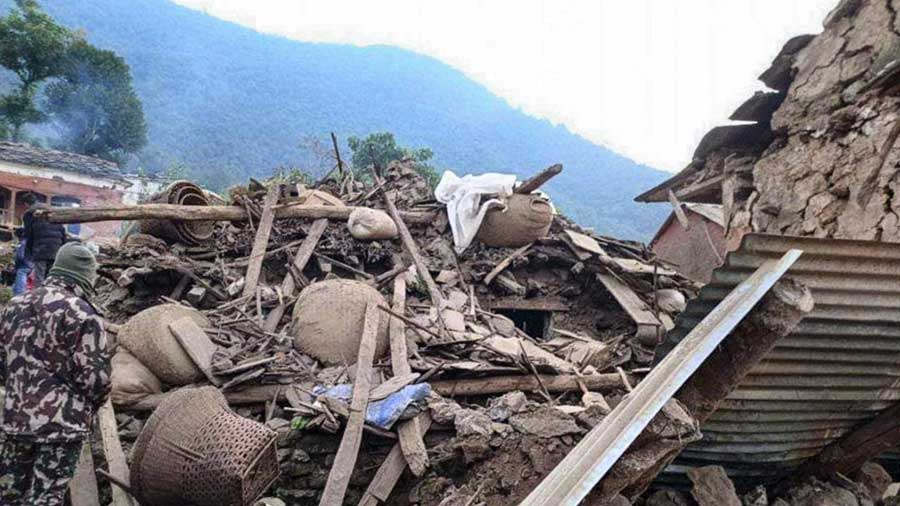A Right to Health Act passed by the Rajasthan government assuring free diagnosis and treatment, including emergency care, has drawn sharp protests from the private medical sector, but cautious applause from other health experts.
The Indian Medical Association (IMA), the country’s largest body of private doctors, and another body representing private hospitals across Rajasthan have called for a protest rally in Jaipur on Tuesday to campaign against the legislation that both say threaten the viability of private healthcare.
But a nationwide network of physicians and patients’ rights groups called the Jan Swasthya Abhiyan (JSA) on Monday urged the IMA to reconsider its opposition to the legislation and negotiate instead with the government to address concerns and demand the funds to make right to health a reality.
The IMA and other opponents have expressed concern that the act that provides a legal guarantee to public health services and emergency healthcare would require all private hospitals to render services to patients without any guarantee of payment.
“This will be a huge injustice to the private healthcare sector,” said Raj Sekhar Yadav, a physician and convener of the United Private Clinics and Hospitals Association, Rajasthan. While the act’s proposed rules are expected to define a process for government reimbursements for healthcare services rendered by private facilities, Yadav said, the private sector’s poor experience with reimbursements has led to distrust and dissatisfaction.
Among some 4,000 private clinics and healthcare institutions in Rajasthan, Yadav said, only about 900 are currently empanelled under any government health scheme that involves reimbursements. “This shows the level of dissatisfaction,” he said.
Yadav said the Rajasthan government health scheme currently reimburses Rs 135 as the payment for each outpatient department consultation. In private facilities, doctors typically charge at least Rs 200 even in rural areas and the amount could rise to Rs 1,000 in the state’s cities, he said.
The JSA, which has described the Act as a “landmark legislation” to ensure people’s access to healthcare, has asked the IMA and other opponents to work with the government to address their concerns relating to reimbursements and the need for more health funds.
“The reimbursements to private (healthcare) providers for providing emergency services should be transparent, hassle-free, corruption-free and time-bound,” the JSA said in a statement released on Monday. The network has also acknowledged the need for “substantial additional resources” that it said must accompany the expansion and strengthening of public health services in the state that would be needed to fulfil the provisions in the Act.
Another body of doctors called the Alliance of Doctors for Ethical Healthcare (ADEH) has urged the Rajasthan government to address key issues that are nurturing the unrest and opposition to the Act such as clearly defining emergencies and expected responses.
“For example, obstetric emergencies are best left to gynaecologists to tackle as any doctor other than gynaecologists (might) lack the necessary skills to provide care in such emergencies,” ADEH has said. “We also recommend removing the requirement of stabilising the patient. It is not within the capacity of general practitioners and small hospitals to stabilise a patient in a serious emergency.”
George Thomas, an orthopaedic surgeon in Chennai and ADEH member, said the concerns about poor experience with reimbursements are valid but should not be a reason to reject the act.
The ADEH said it is hoping the central government and other state governments will develop similar legislation to make healthcare a legal right.












